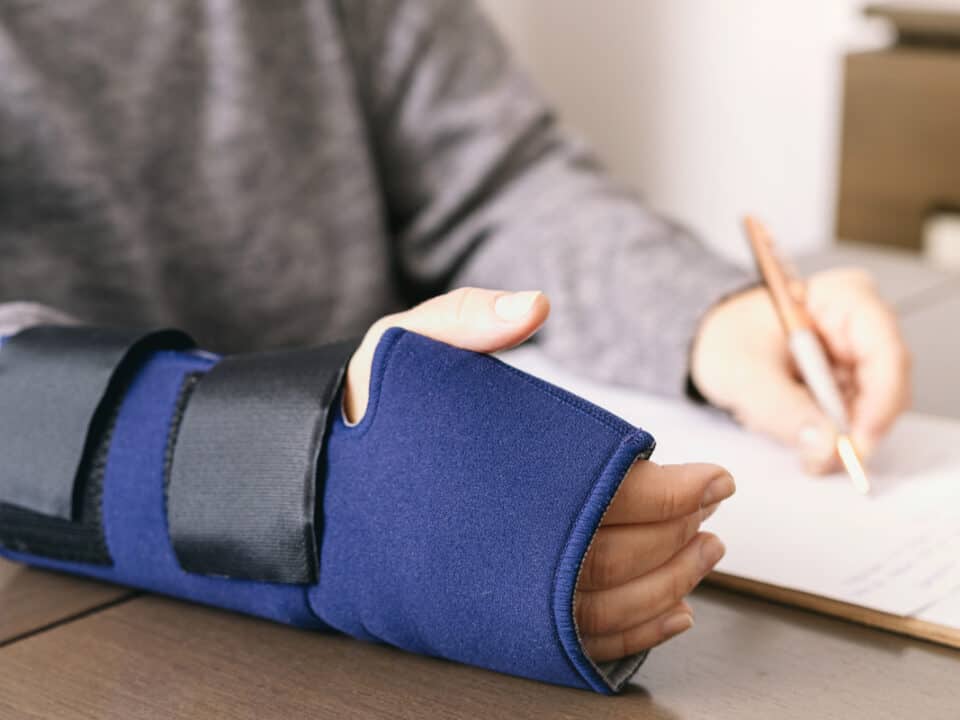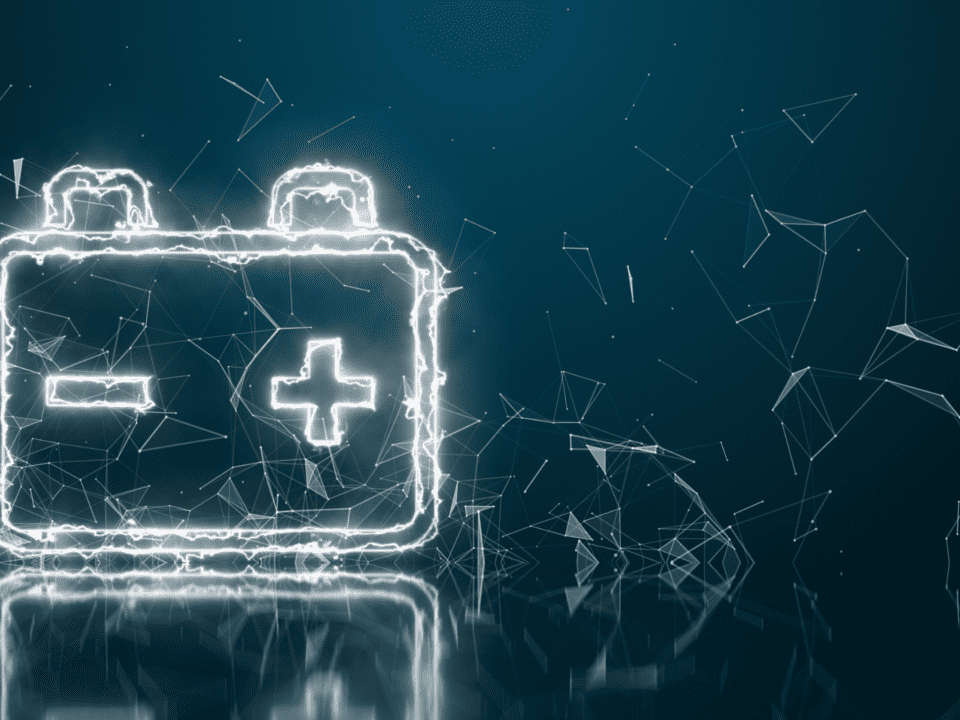While traumatic brain injuries may make the national news headlines when it involves beloved NFL players, what’s often lost in these news articles is the reality that traumatic brain injuries are shockingly common and have many different causes. These injuries can leave the injured and their loved ones wondering what they can do if they’ve suffered a traumatic brain injury in their own lives.
Today, we’re going to take a few minutes to walk you through TBI, its possible effects, and steps you may be able to take to help your injured family member or loved one in their fight to protect their rights.
What is a Traumatic Brain Injury?
Essentially, a brain injury is damage to the brain that can cause difficulties or an outright loss of function, either temporary or permanent.
These difficulties can range from mild to moderate to severe and can even result in the death of the injured person.
What Kinds of Brain Injuries Are There?
There are many varied types of TBI, with some being obvious immediately after the injury occurs and some taking days, months, or even years to show themselves. A few types of traumatic brain injury include:
- ‘Impact’ injuries (where an outside object pierces the skull and enters the brain)
- Contusions (an impact causes localized bleeding inside the brain
- Coup-countercoup contusions (impact causes the brain to impact the other side of the skull, leaving a secondary contusion)
- Diffuse axonal injury (caused most often by shaking or rotational forces causing tears in the axons that transport information within the brain and to the rest of the body)
- Concussions (the most widely-known cause of TBI)
- Oxygen deprivation (either total or partial)
Any of these types of injuries can result in permanent health problems for the injured person over the long-term and a medical professional should be sought immediately in the cause of a possible brain injury.
The faster medical help is acquired, the better the injured person’s chances of recovery may be.
What Causes Traumatic Brain Injuries to Occur?
While many people associate concussions with contact sports, TBI can actually occur as a result of many different situations, including but not limited to:
- Falls. One of the most common causes, these can be as simple as falling out of bed, down the stairs, or off of ladders. Most commonly seen in older individuals or very young children.
- Vehicle-related collisions. A common cause of concussions and other brain injuries, especially for pedestrians involved in vehicular collisions.
- Violence. Unfortunately still considered a common cause of TBI, violence-induced injuries would include Shaken Baby Syndrome, domestic violence, gunshot wounds, or other interpersonal violence.
- Sports injuries. Recently brought to national news attention by the lawsuits brought by former NFL players alleging that multiple concussions affected them for years, decades, or even to the end of their lives. Soccer, boxing, football, and other contact-related sports are a leading cause of concussions.
- Explosive blasts or other combat-related injuries. One possible result of deployment overseas, TBI can be caused in military servicemembers due to proximity to explosions, shrapnel, or other combat-related debris.
- Medical malpractice. While a very rare cause of TBI, medical malpractice can lead to oxygen deprivation or other issues that can cause a TBI.
If you’ve undergone any situations like those described above and have received medical attention, be sure to keep all documentation related to your injuries. It’s important to keep medical documents in case of future need, especially since Traumatic Brain Injuries can cause serious memory problems in the long-term and you may need to refer to these documents when asked about specific events or actions undertaken.
Will a Traumatic Brain Injury Affect Daily Life?
Yes, TBI can have deep and lasting effects not only on the difficulty of day-to-day tasks, but also on the memory and even personality of the injured person. People who have suffered from traumatic brain injuries may find themselves having trouble fulfilling formerly simple routine tasks at work or at home. They can even make the injured person prone to uncontrolled emotional outbursts, cause difficulties in restraining themselves from undertaking unpredictable actions, or leave them needing to use a wheelchair, cane, or other help to get around.
Many family members of persons with traumatic brain injuries relate a sudden personality change afterward, which can leave these family members with long-lasting psychological effects.
Can Someone With TBI Bring a Legal Claim?
Depending on the situation, you or your loved one may be able to pursue a legal claim related to the traumatic brain injury suffered. In the case of slips-and-falls (one of the leading causes of workplace-related injuries), motor vehicle accidents, or intentional harm (strangulations or injuries that result from a physical fight), these legal claims would most often fall under Workers’ Compensation or Personal Injury claims. When the injury is induced by disease, birth or labor complications, or toxins and these can be traced back to decisions made by medical professionals, Medical Malpractice may be more applicable. Veterans who suffered an injury related to their service in the military may also be eligible for veterans’ disability benefits.
Speaking with a legal representative can help you to understand what kind of legal claim you may be able to bring forward.
I (Or My Loved One) Suffered a Traumatic Brain Injury. What Next?
If you or a loved one has suffered from TBI and you’re looking to understand what your options may be in fighting to protect your individual rights, Bluestein Attorneys is happy to help. We’ve represented clients in cases across the legal spectrum, from Medical Malpractice, to Workers’ Compensation, to Veterans Affairs advocacy, and more. We’d be happy to schedule a FREE consultation with you, where we’ll sit down and discuss your unique situation and help you to decide the next step that is best for you and your family.
Reach us by phone at (803) 779-7599 or contact us online at any time to request your consultation.





